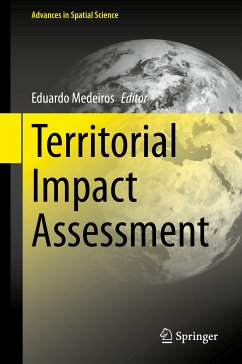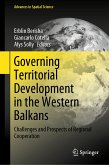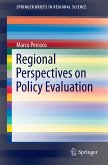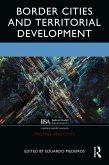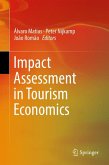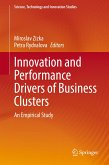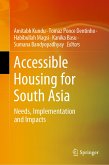The purpose of policy evaluation methodologies is to check the main effects of private and public investments, in order to report back to policymakers and citizens on their efficiency and effectiveness. Over the past decades, both in Europe and worldwide, there has been an increasingly awareness of the need to implement/reinforce policy evaluation practices, at all territorial levels. At the same time, it has become widely accepted that many policy interventions produce impacts in more than one dimensions of territorial development. In this context, the use of a holistic and territorial approach for policy impact assessment evaluation has rapidly been adopted by the European Commission as a mainstream policy evaluation procedure.
Dieser Download kann aus rechtlichen Gründen nur mit Rechnungsadresse in A, B, BG, CY, CZ, D, DK, EW, E, FIN, F, GR, HR, H, IRL, I, LT, L, LR, M, NL, PL, P, R, S, SLO, SK ausgeliefert werden.

